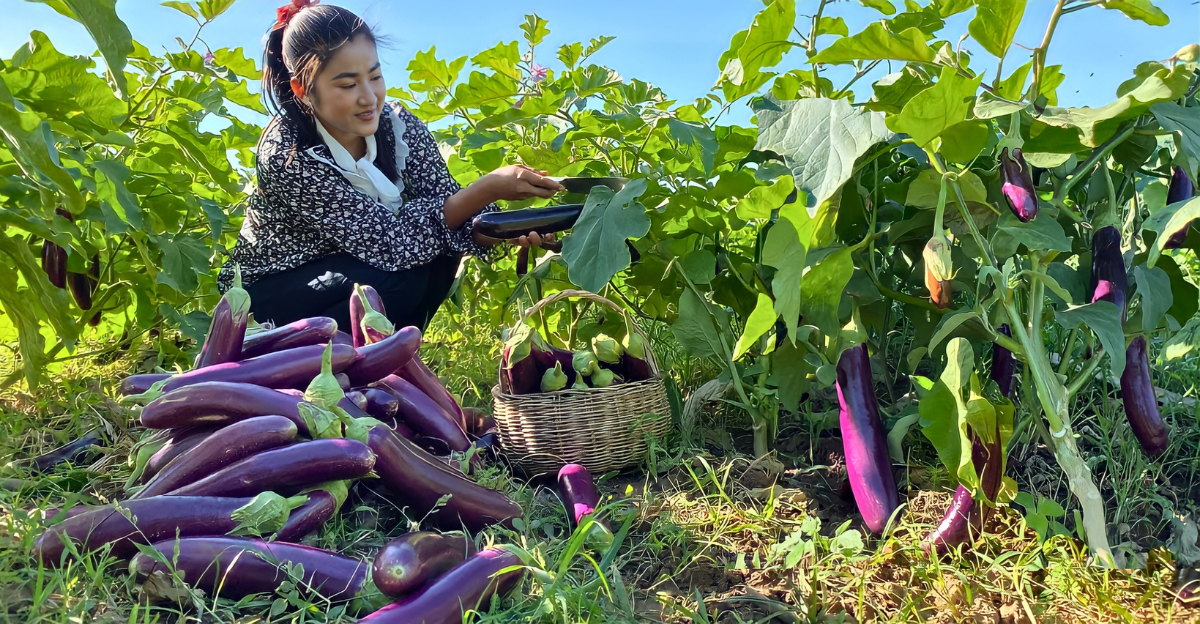
Not all vegetables are created equal when it comes to fueling your body rather than filling it. While every veggie brings something good to the table, a select few stand out for packing the highest concentration of vitamins, minerals, and beneficial plant compounds into each bite. These are the “nutrient-dense” vegetables, praised by nutritionists for their ability to nourish the body while keeping calories low.
So, if you’re thinking of taking your diet choices to the next level, these are some of the best veggies to add to your plate.
1. Swiss Chard
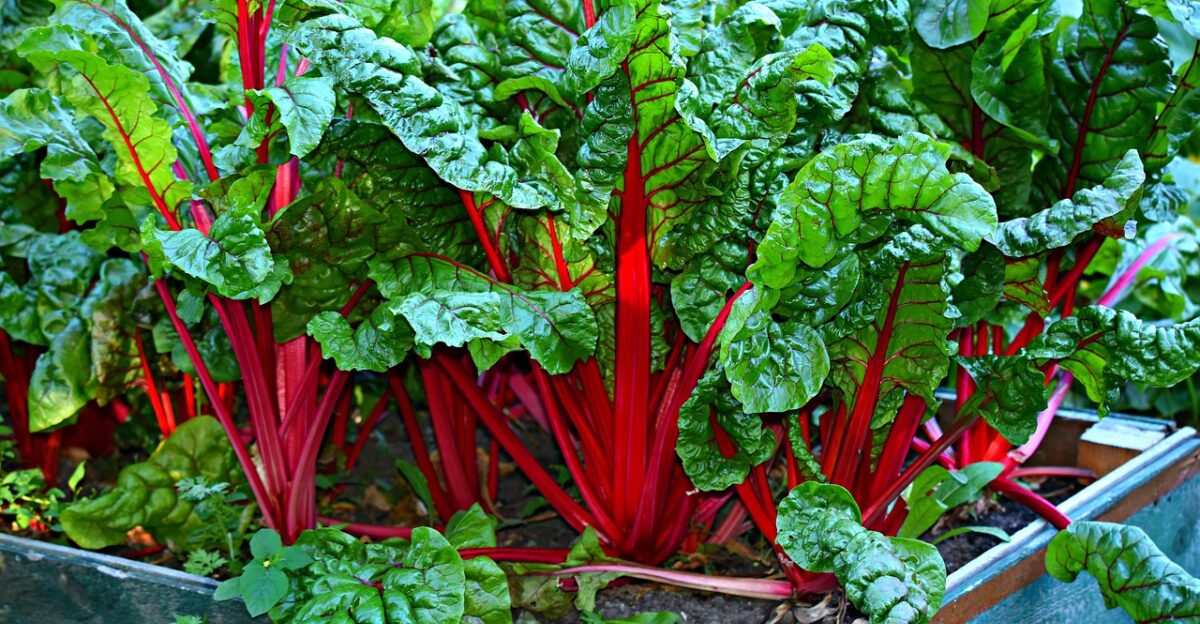
If it’s green, you can add it to your plate. Just one cup of cooked Swiss chard delivers over 400% of your daily vitamin K needs, supporting bone strength and helping to prevent osteoporosis. It’s also rich in vitamins A and C, iron, magnesium, and potassium, contributing to boosted immunity, improved skin health, and enhanced muscle and heart function.
It’s also loaded with antioxidants and fiber, which aid digestion, regulate blood sugar, and support gut health.
2. Spinach

Most people know that spinach is one of the best foods to eat when you want to fill up on nutrient-dense foods, but not many know why. Spinach supports strong bones, a robust immune system, and healthy blood and is packed with vitamins A, C, and K, as well as folate, iron, magnesium, and potassium.
Its abundant antioxidants help protect cells against oxidative damage, lower the risk of chronic diseases, and promote eye health by reducing the risk of cataracts and macular degeneration.
3. Beet Greens
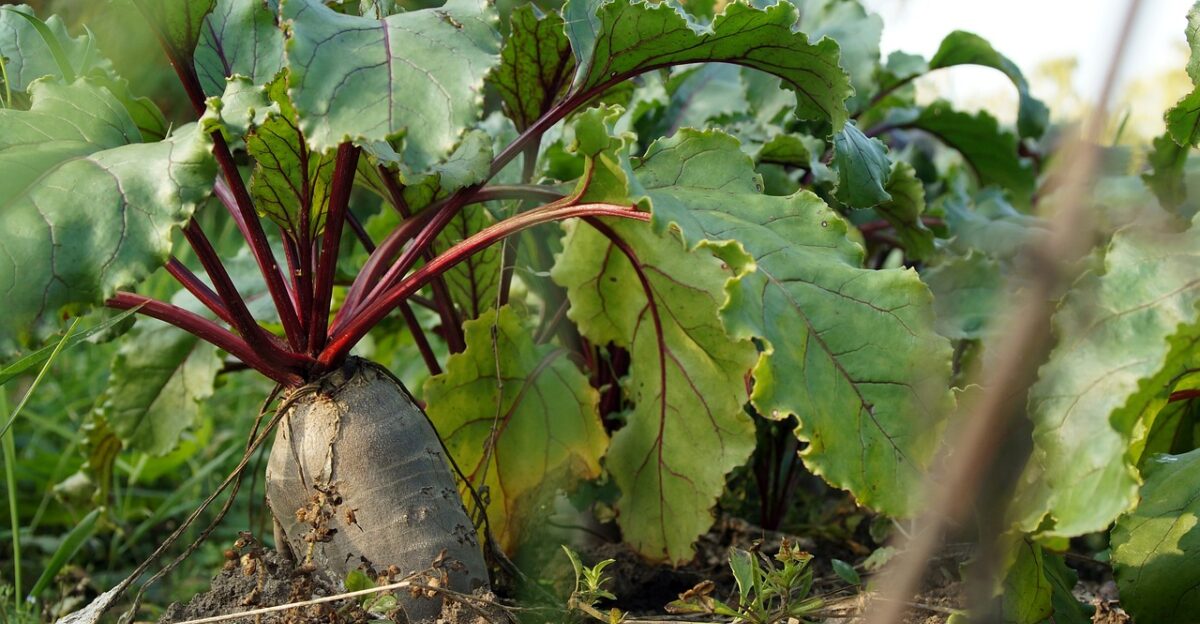
People usually skip over the good stuff and go for the beets, but beet greens are pretty dense in nutrients, too. They are especially high in vitamins A, C, and K, iron, calcium, potassium, and magnesium, with even higher iron content than spinach. These nutrients support healthy blood and help prevent anemia.
Their high levels of antioxidants and fiber promote healthy digestion and gut function, while their dietary nitrates help lower blood pressure and boost heart health.
4. Carrot
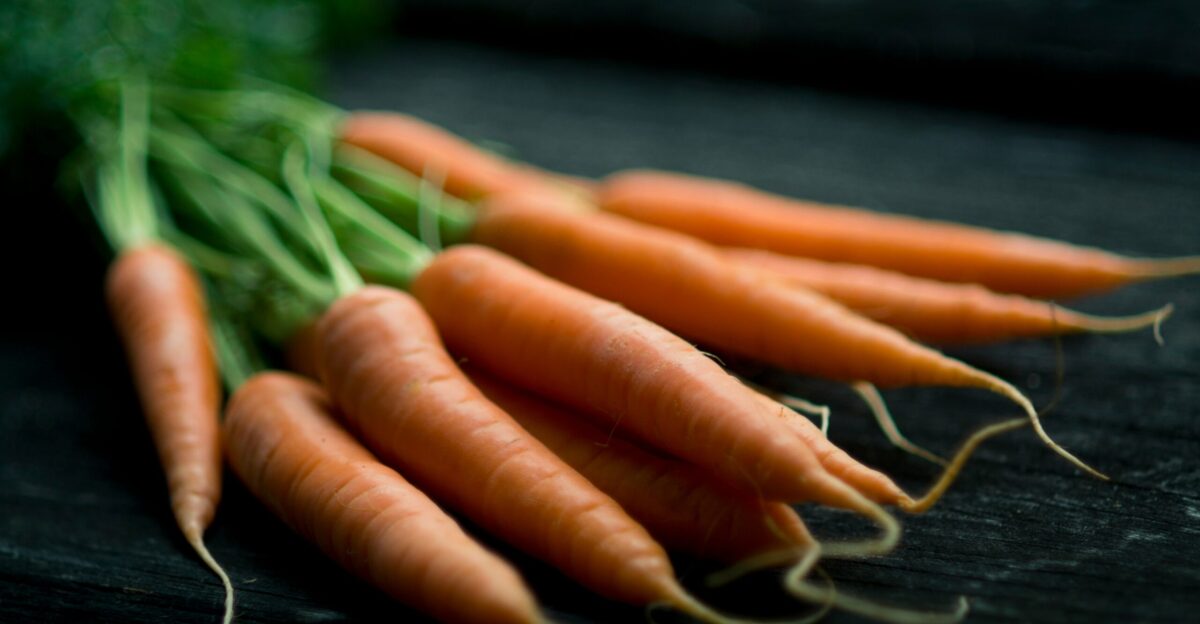
You know how they used to say that eating enough carrots gives you excellent eyesight? Well, that’s not all it does. Loaded with beta carotene, carrots are renowned for supporting healthy vision and robust immune function. They’re also packed with vitamin K1, vitamin B6, potassium, fiber, and antioxidants, all of which help regulate blood pressure, strengthen bones, and defend cells against oxidative damage.
Carrots can reduce cholesterol, support gut health due to their fiber content, and aid in weight management thanks to their low calorie count.
5. Brussels Sprouts
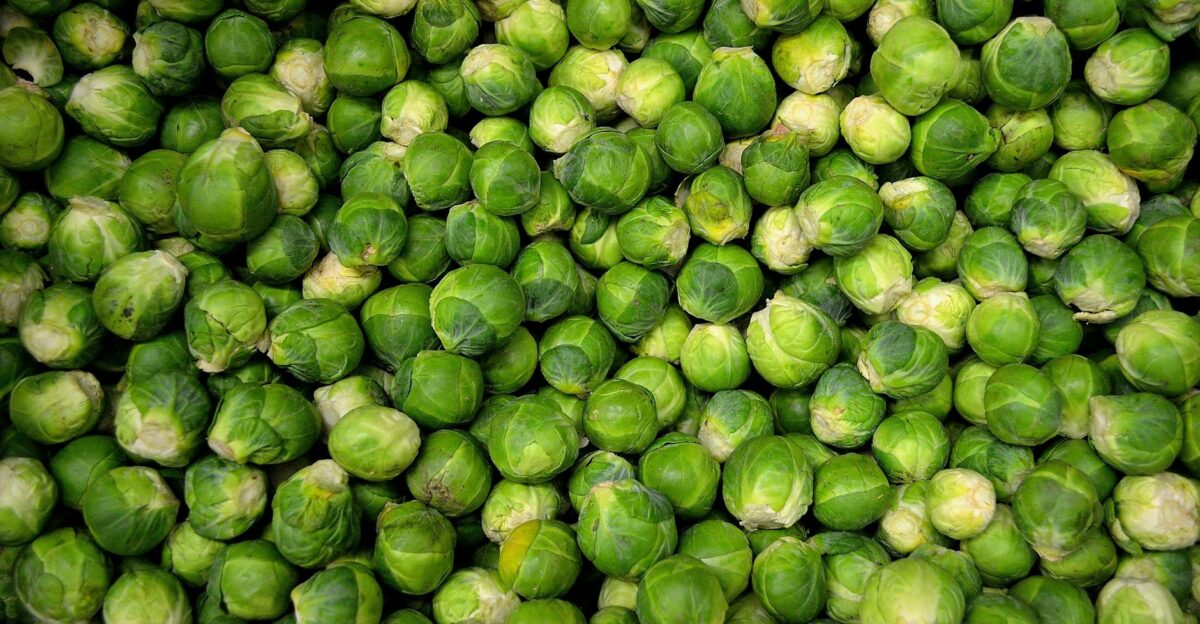
Brussels sprouts aren’t usually a favorite in most homes, but are packed with goodness. These mini cabbages are exceptionally high in vitamins K and C; one cooked half-cup serving provides nearly all your daily vitamin K needs and about half your vitamin C requirement, supporting strong bones, a resilient immune system, and robust cellular health.
They are loaded with gut-friendly fiber, potassium, calcium, and folate, promoting good digestion, heart health, and stable blood sugar levels. Their rich antioxidant content helps combat inflammation and may protect against chronic conditions.
6. Red Bell Pepper
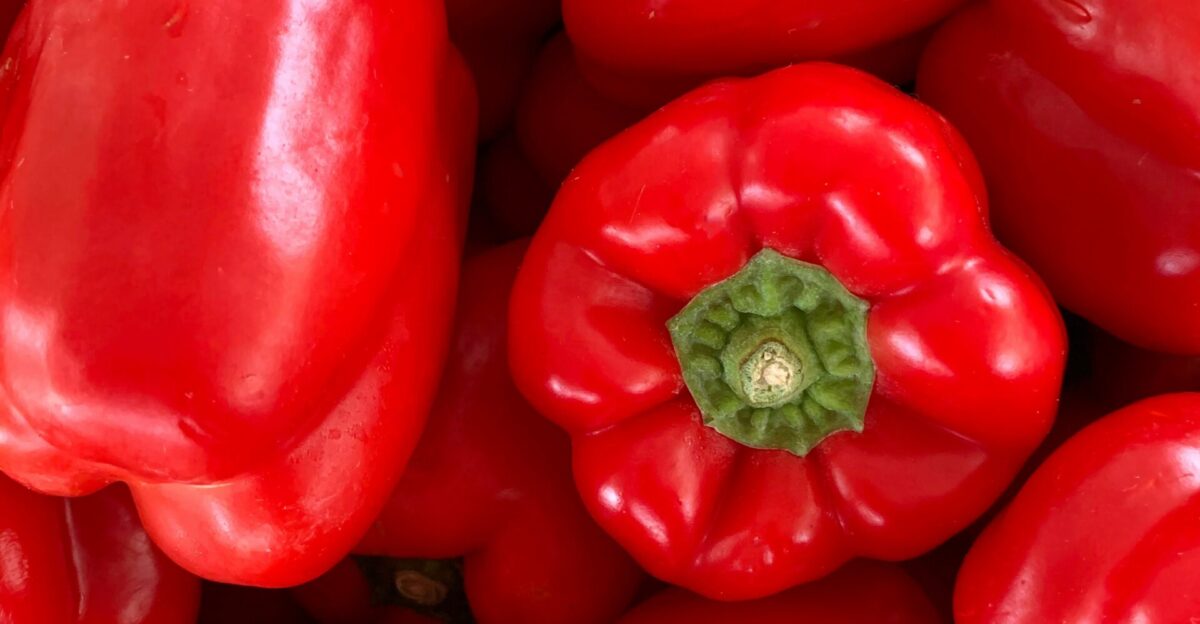
Thanks to their vibrant red color, these veggies stand out when you go grocery shopping. They’re packed with antioxidants such as beta-carotene, capsanthin, and anthocyanins, which help protect cells from oxidative damage and may lower the risk of certain diseases. A single medium-sized red bell pepper provides more than 160% of the recommended daily vitamin C intake, crucial for immune function, skin health, and cartilage repair.
Red bell peppers are also rich in vitamin A, which supports eye health and promotes healthy vision. They also contain potassium, folate, vitamin B6, and vitamin E, all essential for proper cellular and metabolic function.
7. Romaine Lettuce
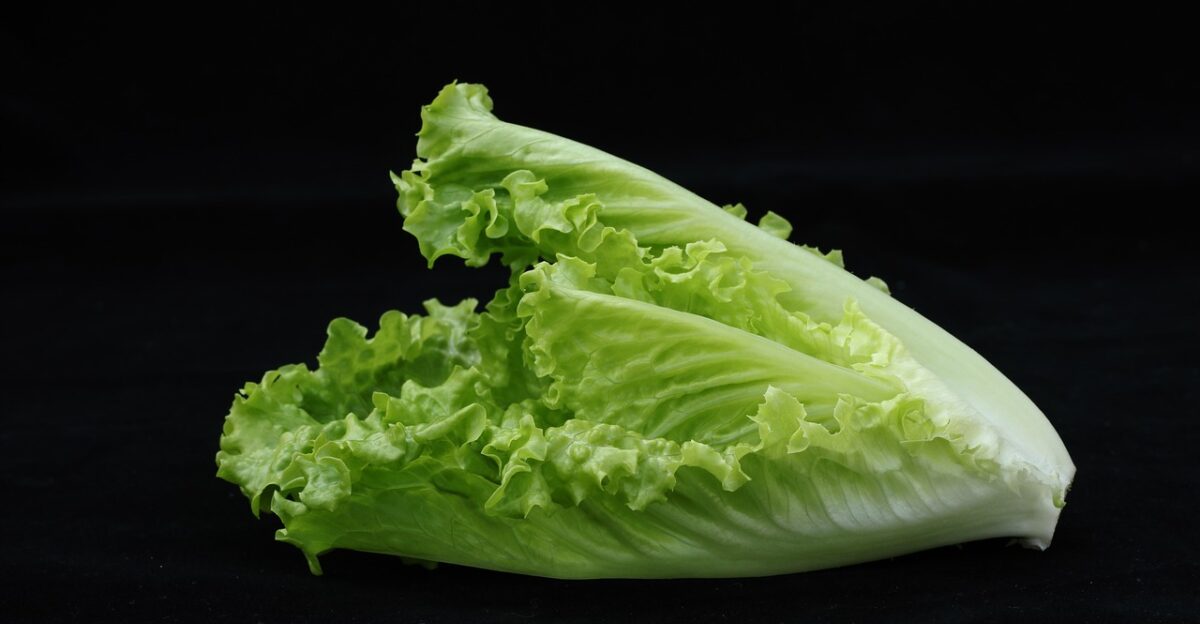
This is just one of those greens that most people end up having in their fridge daily, and for good reason. Each serving is packed with vitamins A, C, and K and folate, calcium, magnesium, potassium, and even omega-3 fatty acids, all at a remarkably low calorie count. These nutrients benefit everything from bone strength and immune system support to healthy vision and cardiovascular wellness.
8. Broccoli
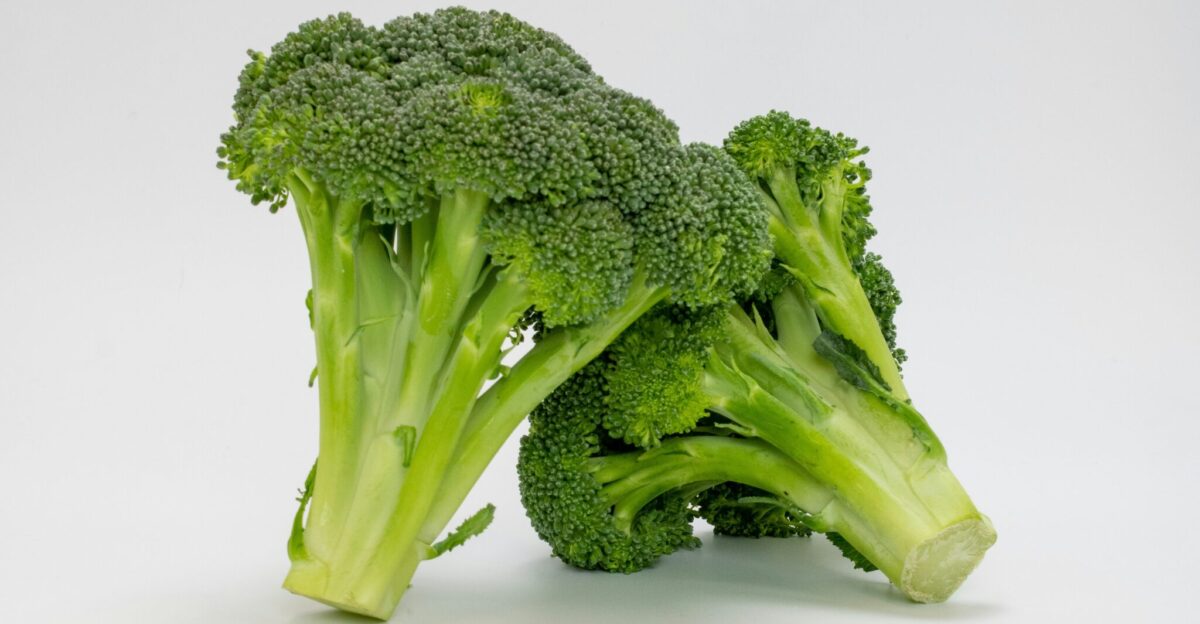
These greens are a great addition to any plate. A single cup of raw broccoli supplies nearly all the daily vitamin C, supporting immune function, collagen production, and skin health. It’s also packed with vitamin K, calcium, potassium, iron, and folate, essential for bone strength, heart health, and healthy blood.
Its impressive supply of antioxidants help protect your cells from free radical damage, lower inflammation, and may even reduce the risk of certain cancers.
9. Pumpkin

Pumpkin is more than just a Halloween decoration; it can also be quite beneficial for your health. One cup of cooked pumpkin is packed with beta-carotene, delivering well over three-quarters of your daily requirement and helping maintain strong vision, healthy skin, and an efficient immune system.
Alongside vitamin A, pumpkin provides a good supply of vitamin C, potassium, vitamin E, iron, copper, and fiber, all supporting heart health, digestion, and overall cellular function.
10. Watercress
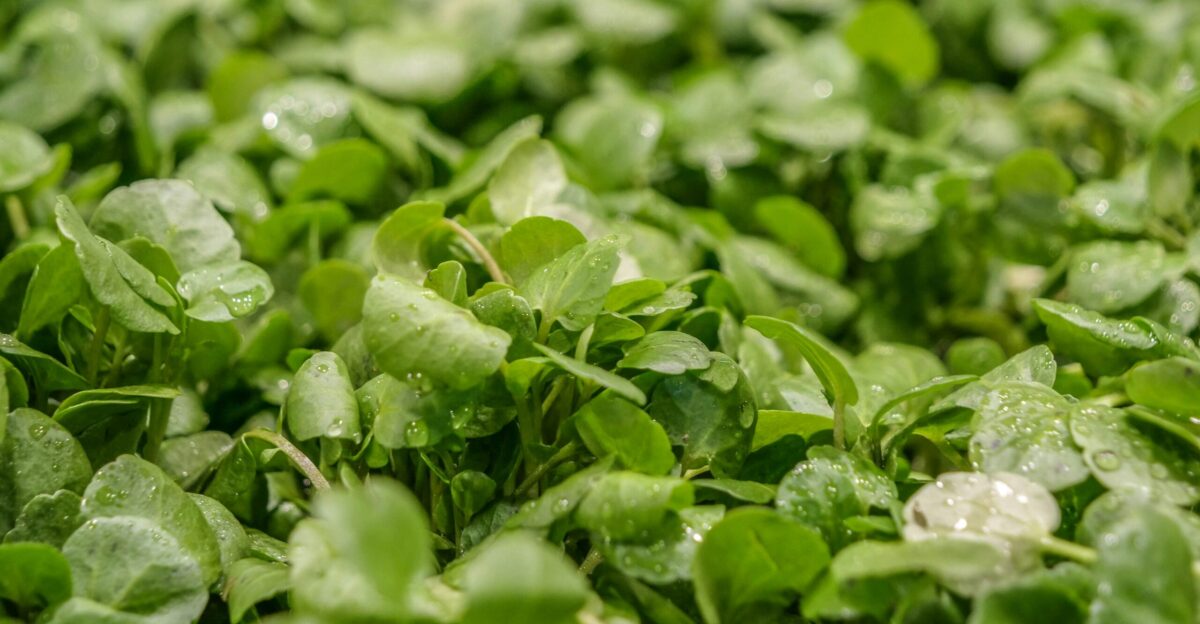
It might not look like much, but don’t let looks be deceiving on this one. You might be missing out on some great nutrients. This leafy green is exceptionally low in calories yet overflowing with essential nutrients. One cup provides over 100% of your daily vitamin K needs, crucial for strong bones and effective blood clotting.
It’s also a rich source of vitamin C for robust immune function, vitamin A for eye health, calcium, magnesium, and powerful antioxidants like beta-carotene and lutein, which may help lower inflammation and reduce the risk of chronic diseases.
11. Parsley
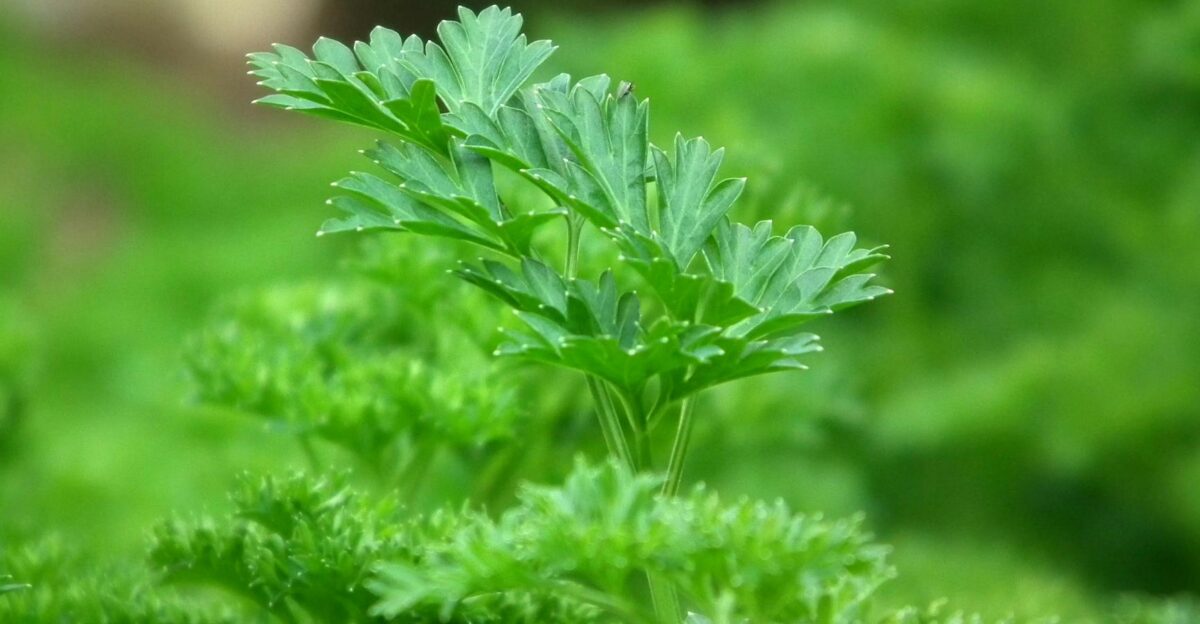
They are packed with nutrients and make for a great topping on almost any savory dish. Just a small handful provides well beyond the daily requirement for vitamin K, which is vital for bone strength, proper blood clotting, and cardiovascular health. Parsley is also rich in vitamins A and C, delivering powerful antioxidants that support immune function, vision, and skin wellness.
They provide ample amounts of iron, calcium, magnesium, potassium, and folate to help maintain healthy blood, boost bone density, and aid metabolic functions.
12. Mustard Greens
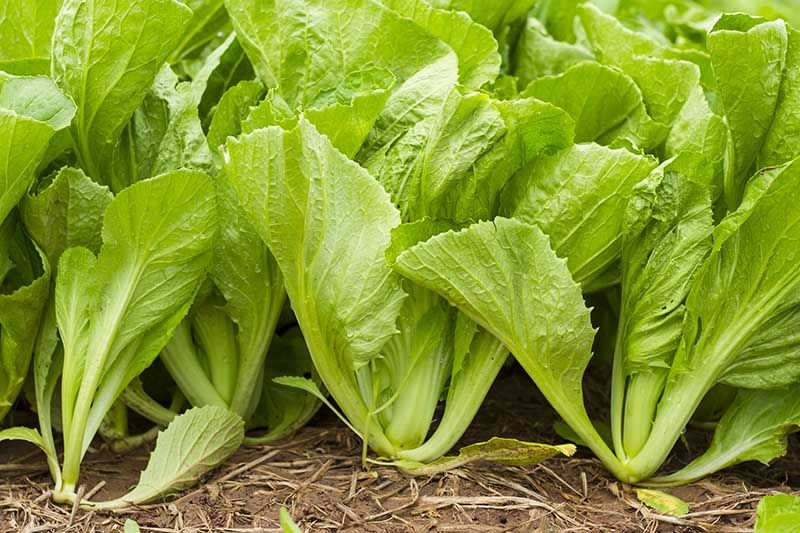
A single cup provides more than your daily requirement for vitamin K, supporting bone strength, heart function, and blood clotting, along with impressive amounts of vitamins A and C that boost immunity, promote healthy skin and vision, and help fight inflammation. Their high fiber and low calorie content support digestion and weight management, while B vitamins and vital minerals like calcium, iron, and potassium round out their health profile.
13. Sweet Potatoes
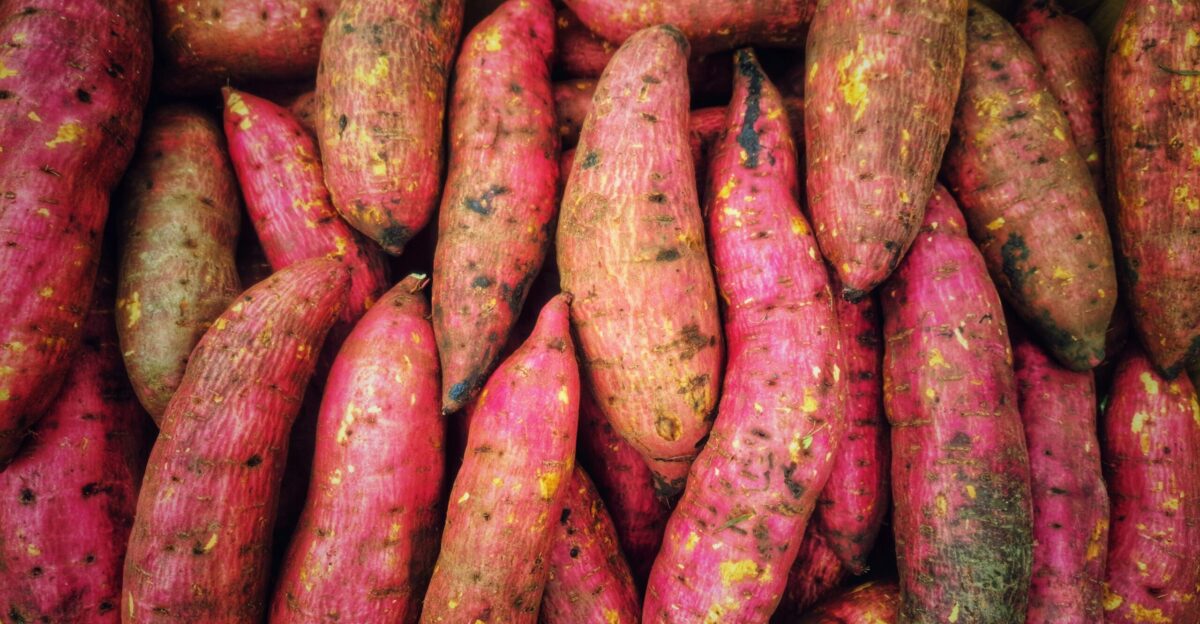
Sweet potatoes are rich in beta-carotene, which your body converts into vitamin A. They support healthy eyes, immune function, and glowing skin. Just one sweet potato can provide more than the daily value for vitamin A and is also packed with vitamin C, potassium, manganese, vitamin B6, and fiber, all vital for maintaining strong immunity, heart health, and proper digestion. With their low glycemic index and fiber content, they promote steady energy levels and benefit gut health, making them a great choice for any meal.
14. Garlic
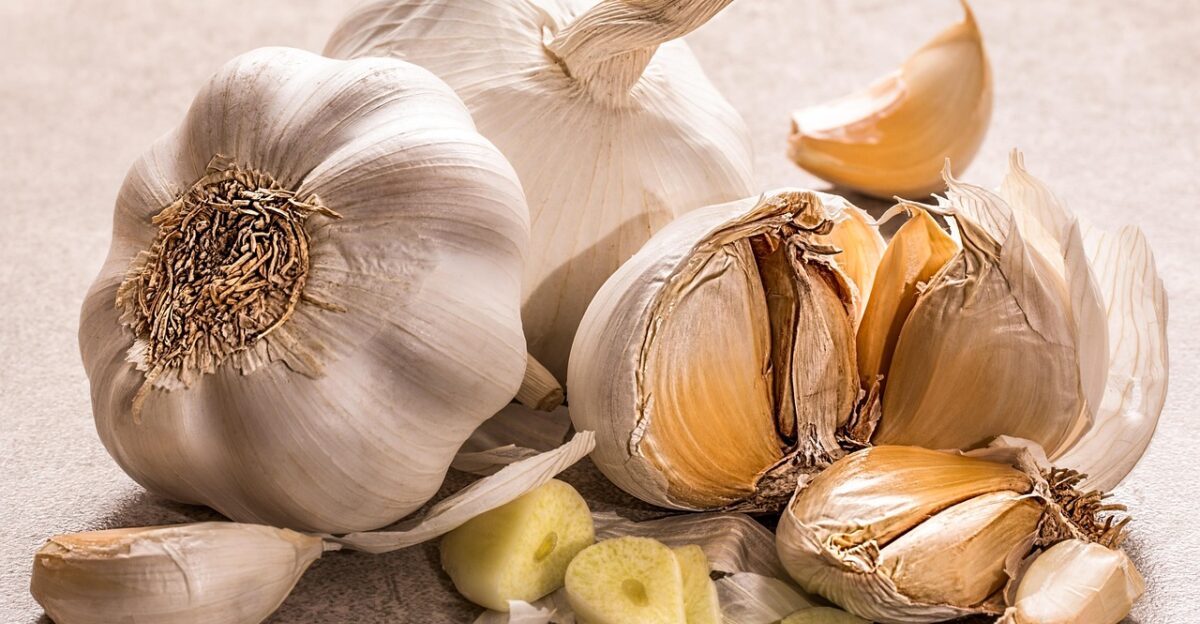
Nutritionists often point out that garlic contains potent sulfur compounds that contribute to its medicinal properties, supporting immunity and reducing inflammation. Garlic contains manganese, vitamin B6, vitamin C, selenium, and fiber, with very few calories. Regular intake of garlic is linked to improved heart health, notably lowering blood pressure and cholesterol, and even helping stabilize blood sugar.
15. Beetroot
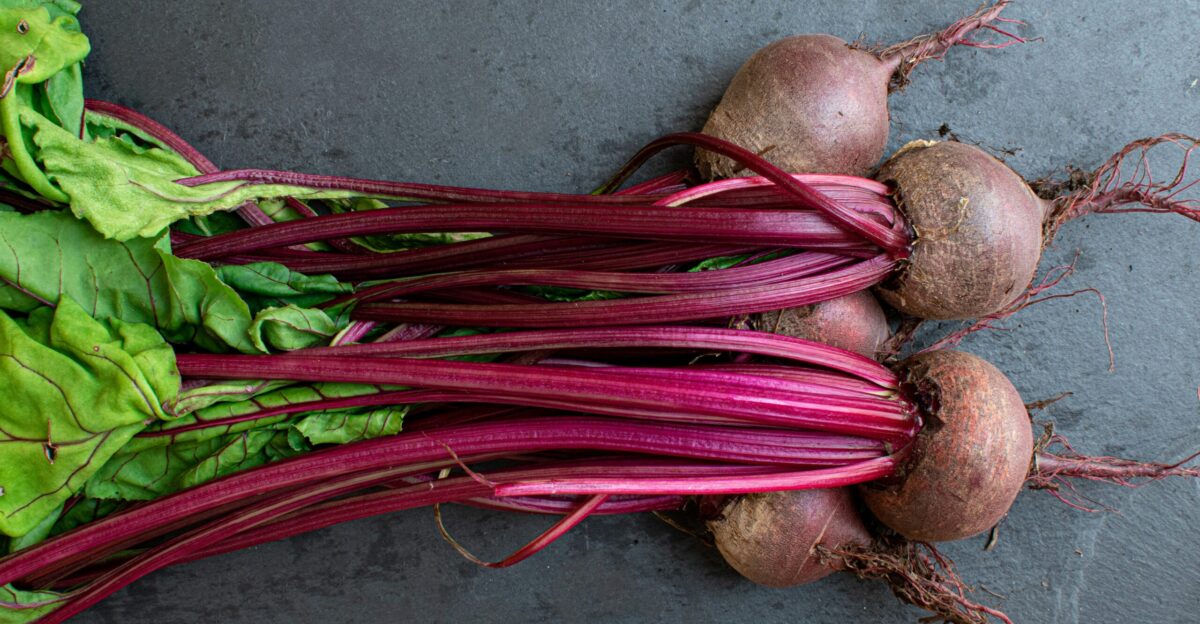
Besides having a unique appearance and often leaving its mark long after it’s gone, beetroot’s unique strength is its high content of nitrates. The body converts nitrates to nitric oxide to relax and widen blood vessels, effectively lowering blood pressure and enhancing cardiovascular function and exercise performance.
Potent antioxidants, particularly betalains, help protect cells from oxidative stress, combat inflammation, and may reduce the risk of chronic diseases such as heart disease, diabetes, and certain cancers.
16. Kale
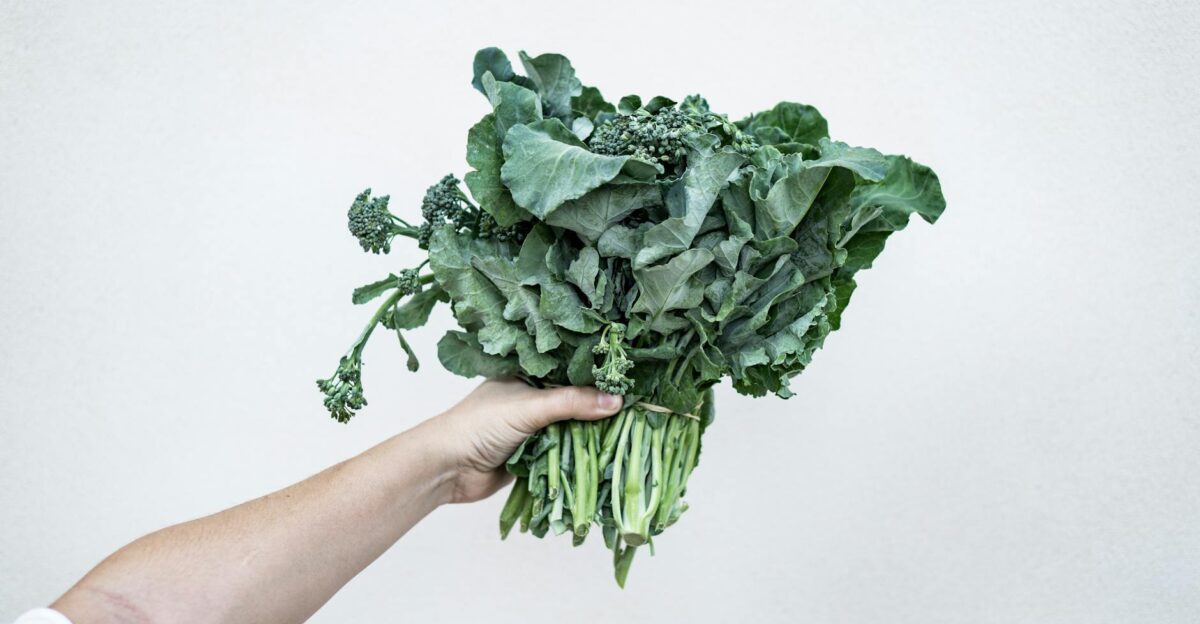
This superfood contains vitamins, minerals, antioxidants, and unique phytochemicals. Just one cup of raw kale is exceptionally low in calories. Still, it offers substantial amounts of vitamin K, C, A (from beta-carotene), folate, calcium, potassium, magnesium, iron, manganese, and fiber, all critical for bone health, heart function, immunity, healthy digestion, and glowing skin.
17. Dandelion Greens
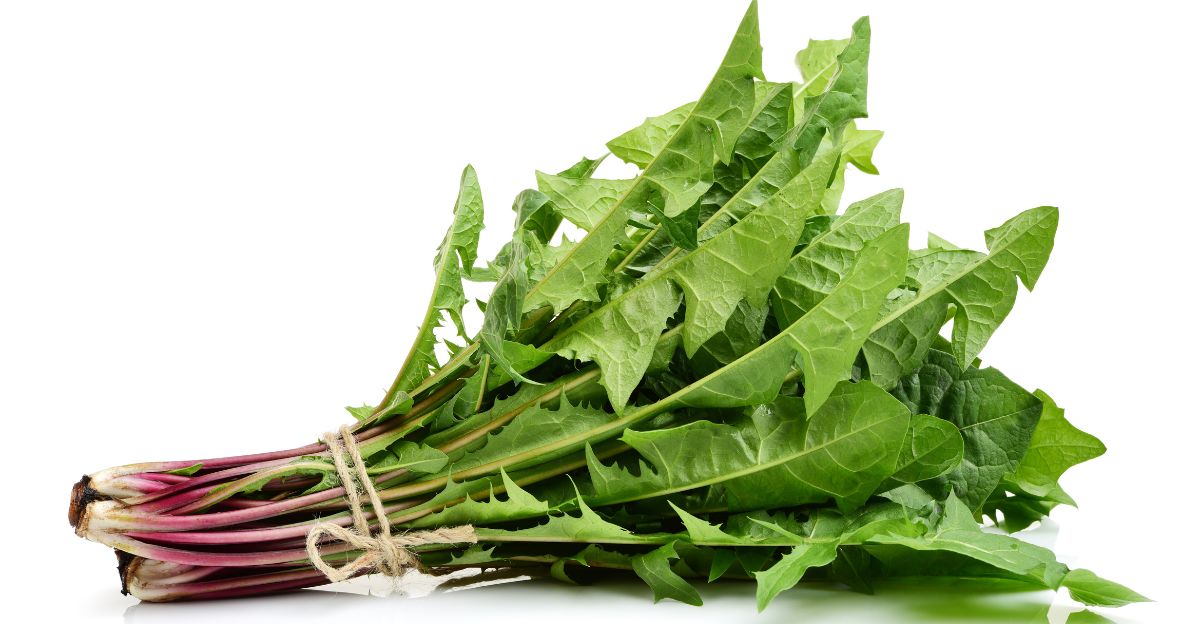
With just 25 calories per cup, they offer a stellar concentration of vitamins and folate, E, and B vitamins, essential for immunity, bone health, and cell function. Their mineral content is equally impressive, providing calcium, iron, magnesium, potassium, and fiber, which help strengthen bones, support muscle function, and promote healthy digestion. Their slightly bitter flavor is easily mellowed by cooking or a splash of lemon juice, making them a versatile addition to salads, sautés, or smoothies.
18. Cauliflower
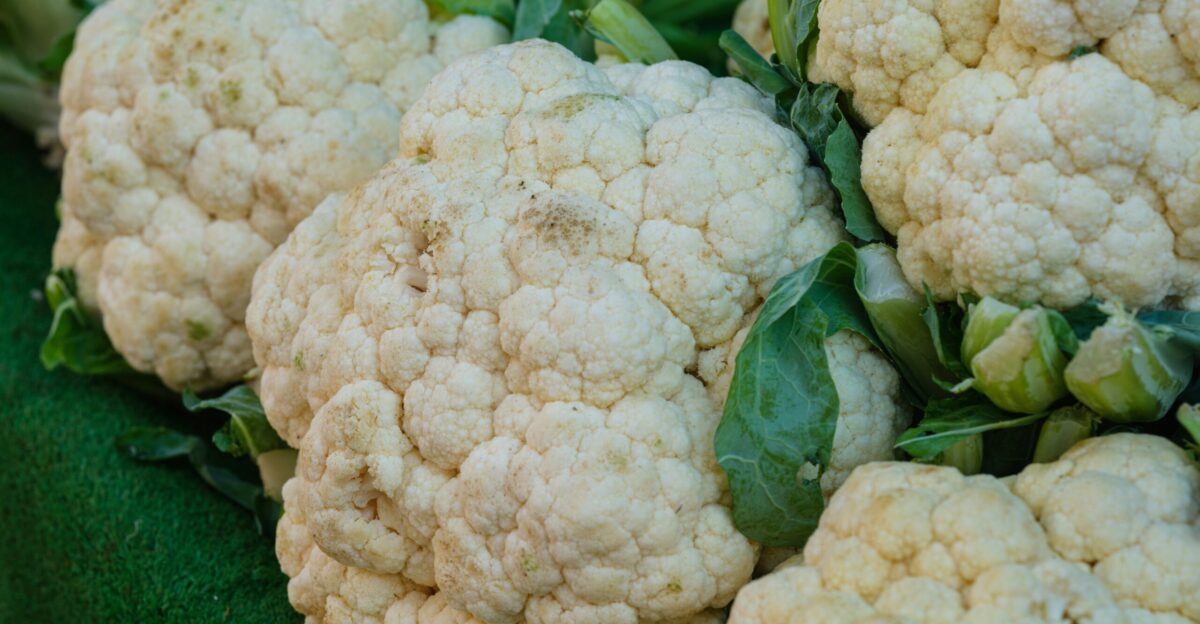
This cruciferous veggie is particularly rich in vitamin C, alongside significant amounts of vitamin K, folate, potassium, vitamin B6, choline, and fiber. These nutrients support strong immunity, bone health, healthy digestion, and proper nerve function. Its prebiotic fiber content fosters a balanced gut microbiome and promotes regularity, while anti-inflammatory compounds help keep chronic conditions in check.
19. Scallions (Green Onions)
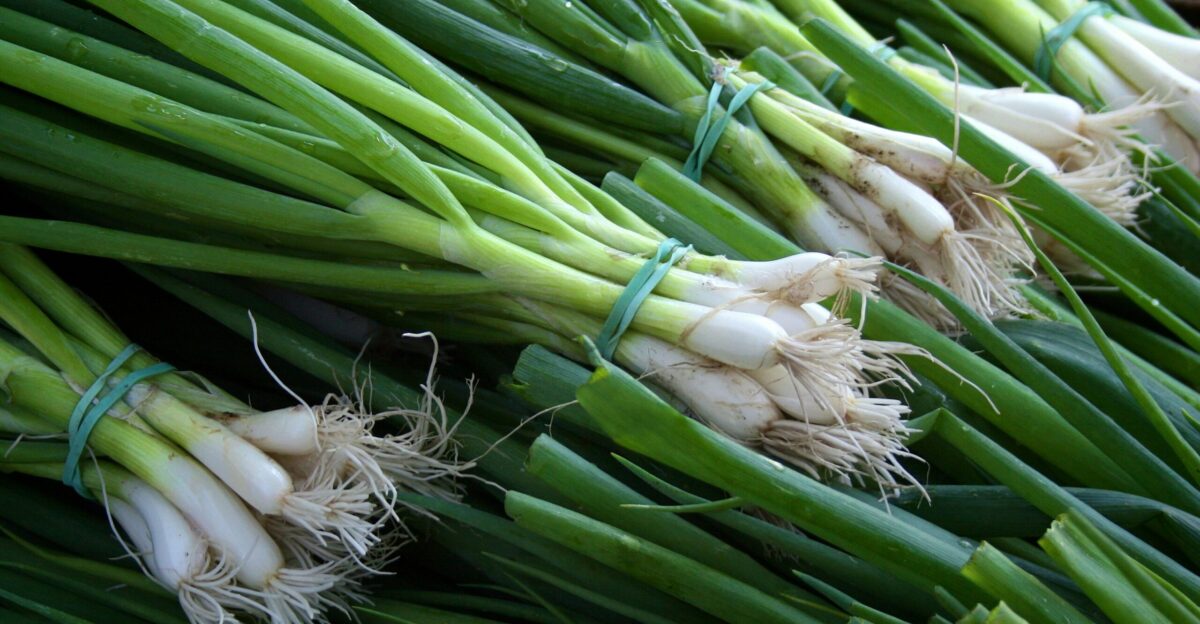
One cup of chopped scallions has around 32 calories, yet delivers a substantial vitamin K (over 250% of the recommended daily value), vitamin C, vitamin A, folate, iron, calcium, potassium, and fiber. These nutrients support strong immunity, blood clotting, bone health, and heart function, while scallions’ plant antioxidants like quercetin and allicin promote anti-inflammatory, antibacterial, and potential cancer-fighting effects.